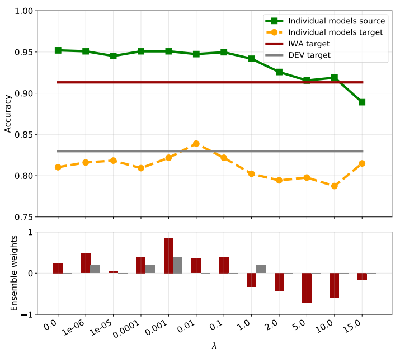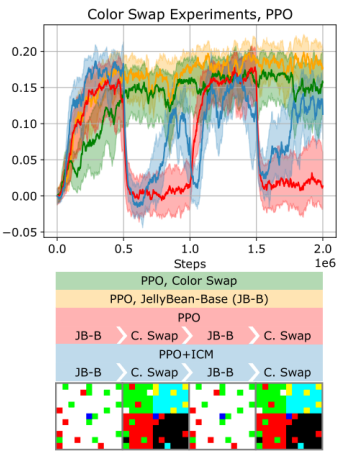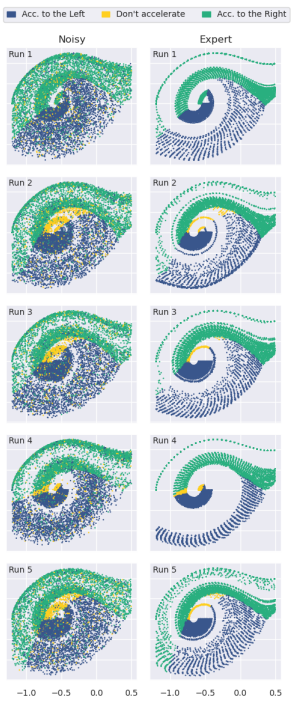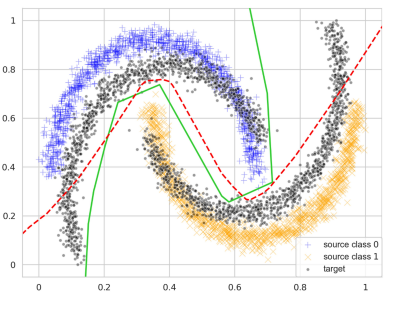A Neuro-Symbolic Perspective on Large Language Models (LLMs)


We are excited to present our work, combining the power of a symbolic approach and Large Language Models (LLMs). Our Symbolic API bridges the gap between classical programming (Software 1.0) and differentiable programming (Software 2.0). Conceptually, our framework uses neural networks - specifically LLMs - at its core, and composes operations based on task-specific zero-shot or few-shot prompting. We adopt a divide and conquer approach to decompose a complex problem into smaller problems. Therefore, each operation solves a simple task. By re-combining these operations, we can solve the complex problem. Furthermore, we demonstrate how to combine the strengths of both neural networks and symbolic reasoning to create AI systems that can solve a wide range of hard tasks. This includes fact-based generation of text, flow control of a generative process towards a desired outcome, and interpretability within generative processes.




